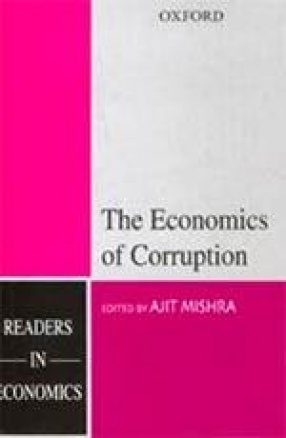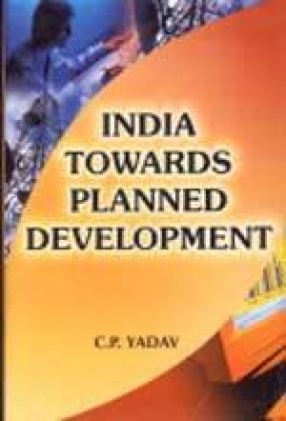The Readers in Economics is an extension of the ongoing Themes in Economics series. Each book in the series comprises important published essays and book extracts on specific themes. Corruption is commonly perceived as the single most important obstacle to development faced by many countries, especially the developing ones. However, according to some social scientists corruption is an efficient mechanism needed to oil the intricate machinery of politics and business and as such should not be considered a liability. A major theme in the study of corruption is the moral status of corruption or bribery. The readings in this collection reflect, for the first time, the role of incentives as well as governance structures at various levels-individuals, groups, classes, and sub-cultures. The major issues covered include collusion, misgovernance, corruptible law enforcers, bribe-seeking bureaucracy, electoral competition, and special interest politics. In a lucid introduction mishra discusses a broad spectrum of sociocultural indicators that have an impact on the level of corruption. Using tools from mainstream economic analysis, these articles offer theoretical as well as empirical perspectives on the problem of corruption and provide insights on how to fight it. Useful for students, researchers, policymakers, as also NGOs, journalists, public funding agencies, and corporates this reader is both insightful and informative.
The Economics of Corruption
In stock
Free & Quick Delivery Worldwide
reviews
Bibliographic information
Title
The Economics of Corruption
Author
Edition
1st ed.
Publisher
ISBN
0195648072
Length
xiii+343p., Tables; Figures; References; Index; 22cm.
Subjects





There are no reviews yet.